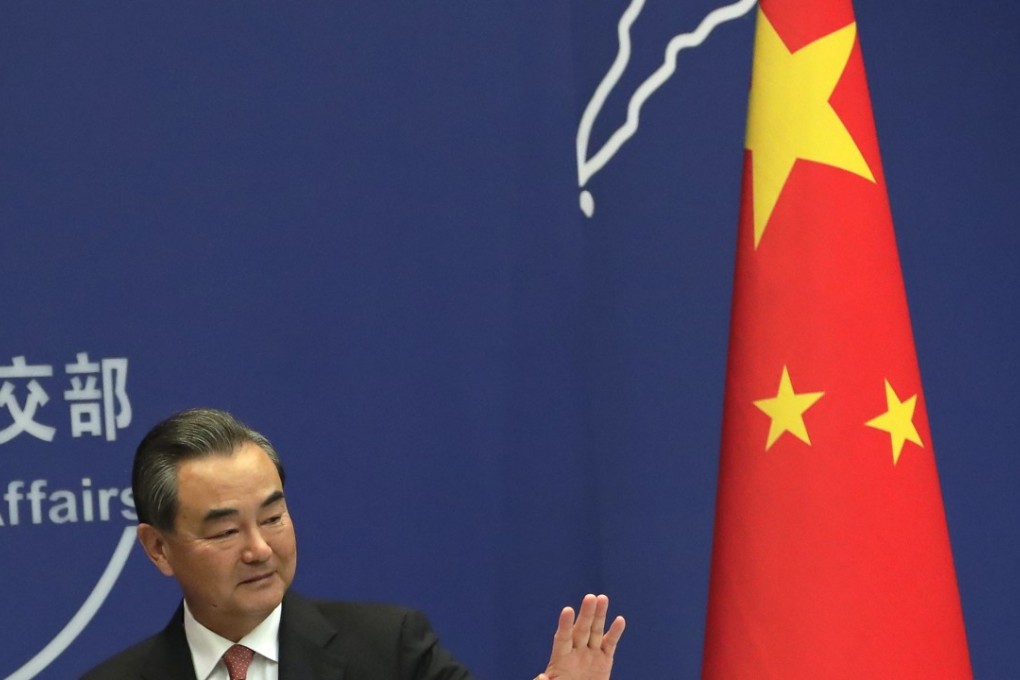Five things to watch out for at the BRICS nations summit in China

China and India’s leaders will meet this weekend at a BRICS nation summit days after the two nations ended a military standoff in a border area high in the Himalayas.
The BRICS countries – Brazil, China, India, Russia and South Africa – are a grouping of the some of the world’s major emerging economies, which account for about 23 per cent of the world’s economy and 43 per cent of its population.
Leaders of the nations will converge on the Chinese coastal city of Xiamen for the bloc’s ninth summit between Sunday and Tuesday. Here are some of the big issues to look out for.
1. Will the border row affect Sino-Indian relations?
In the aftermath of near three-month stand-off between Chinese and Indian troops on the Doklam plateau, all eyes will be on President Xi Jinping and Indian Prime Minister Narendra Modi to see if the dispute has impaired their ability to work together and forge new agreements.